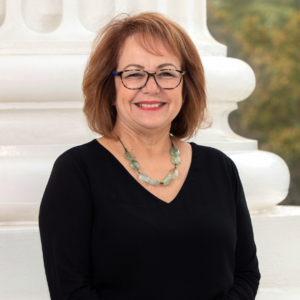Worker education, family caregivers need support, group says
More funding for worker education and family caregiver support is needed if the United States is to be prepared to meet the care needs of the country’s growing population of seniors, according to the Eldercare Workforce Alliance (EWA).
“We need a well-trained workforce and supports for family caregivers to meet the unique needs of older adults," Nancy Lundebjerg, alliance co-convener and American Geriatrics Society chief operating officer, said in a statement. "Person- and family-centered interdisciplinary team care has been the hallmark of geriatrics and is the key to older adults receiving quality care and remaining independent for as long as possible.”
Issue briefs from the EWA, a coalition of 30 national organizations working to strengthen the workforce trained to care for older adults, cite data from the Health Resources and Services Administration and the Administration on Community Living showing the amount of federal funding to help develop a geriatrics workforce and support family caregivers. Highlights of the national brief:
- Direct-care workers provide 70 to 80 percent of the paid hands-on care for older adults and those living with disabilities and chronic conditions. The demand for personal care aides and home health aides is expected to increase 40 percent by 2022, making them two of the fastest-growing occupations, according to EWA, citing Bureau of Labor Statistics data. In fiscal year 2013, $32.4 million was available through Title VII and Title VIII funding for workforce development programs covering doctors, nurses, social workers, psychologists, dentists, pharmacists, physical therapists and other allied health professionals.
- Less than one percent of the 2.56 million registered nurses specialize in gerontology, and only three percent of the 111,000 advance practice nurses focus on caring for older adults. A need for physicians trained in geriatric medicine exists, too.
- Support programs for family caregivers are needed as well, according to the EWA. In 2009, 42.1 million family caregivers provided more than 40.3 billion hours of unpaid care, the value of which was $450 billion. The number of family caregivers is decreasing, however, as is funding for programs supporting them; fiscal year 2013 funding averaged out to $3.52 per caregiver.
See more national and state statistics.
Related Articles
Topics: Executive Leadership , Staffing











